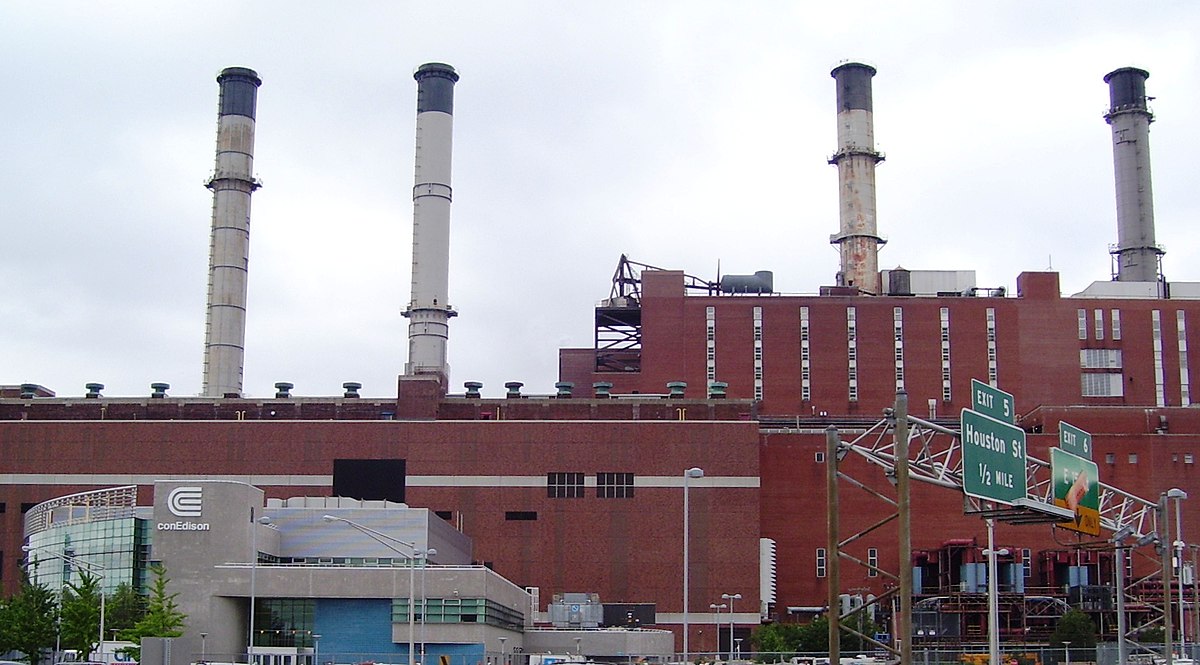5 October, 2018

Climate Change and Energy Systems
There are a multitude of issues related to how an urban landscape or metropolitan area obtains and uses energy. The demolishment of land for urban practices, waste management, disposal practices, and the levels of economic activities are all issues within an energy system that greatly affect the health of an environment. With climate change, due largely to the mass of waste and pollution resulting from the energy systems humanity relies on, renewable resources have become crucial in the development of new networks to sustain populated areas. Developments necessary are those that limit the amount of resources that are consumed and can not be reused, and limiting systems that create pollutants detrimental to the environment and that have health impacts. Technology choices, market structures, and ownership responsibilities are all important considerations as we look towards a future involving changing climatic conditions. This argument leads to the discussion of government responsibility in decision and policy making. Most local authorities lack the authority to force fundamental changes in the innovations that networks employ or the efforts to promote energy conservation and efficiency. However, smaller powers still have the ability to enact local change that begin with the community’s population individually. In addition, groups within a community have the freedom to organize and lobby larger bodies of power to push for developments that the majority of the population is in favor for. The data and information collected of specific areas has proven to be extremely helpful in society’s attempt to predict what the future holds in terms of the health of our environment and state of our cities. City-specific analyses focus even more directly on this point, using local energy supply and use data to inform local energy efficiency strategies or climate change mitigation or adaptation plans. In some cases, cross-city comparisons are employed because they provoke questions among local policymakers about how they can attain energy use or emission levels comparable to those in other cities. Sharing and integrating ideas is essential for the maturation of our systems as climate changes further reshapes our planet.
